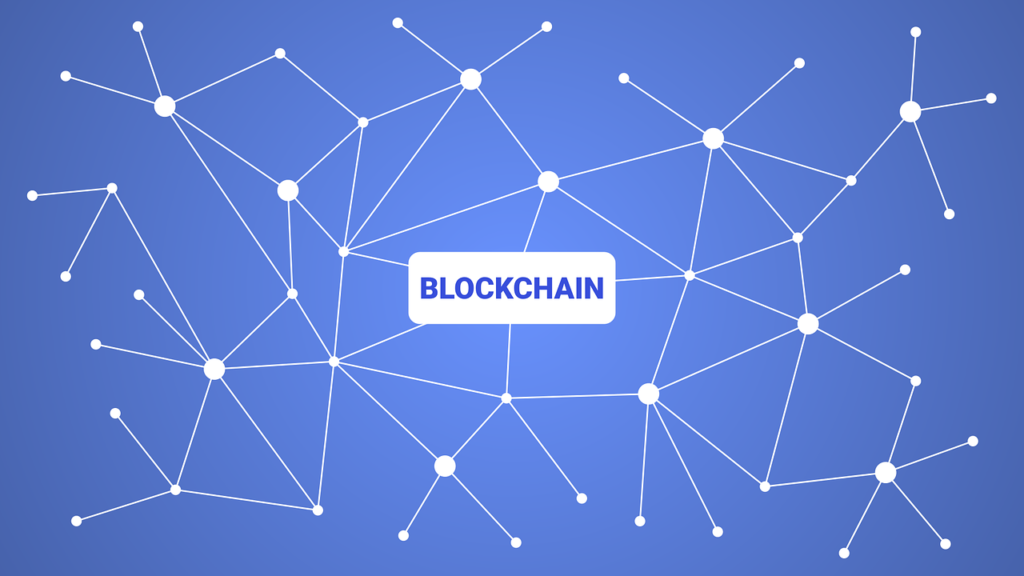Blockchain is best known as the technology behind bitcoin, storing all bitcoin as well as other cryptocurrency transactions.
Blockchain is basically a shared digital ledger that facilitates the process of recording transactions and tracking assets. It is decentralised so it isn’t stored in one location or controlled by any central authority. There’s complete transparency as multiple identical copies of the blockchain are stored and maintained. As a result, the data on the blockchain is resistant to any single point of failure, and it cannot be forged or destroyed. Cryptography protects all transactions recorded on the blockchain.
Almost anything of value can be tracked and traded on a blockchain network, which reduces risk and cuts costs for everyone involved.
How sought after are blockchain skills?
Blockchain captured no.1 position on the 2018 Upwork Skills Index as being the hottest skills in the US freelance job market. And according to LinkedIn Learning, Blockchain topped the list of hard skills companies needed most in 2020.
Blockchain offers huge potential for businesses and operations, and the demand for blockchain skills is exceeding supply as companies in a variety of industries such as finance, retail, supply chain and healthcare adopt blockchain. The jobs are also varied and include blockchain developers, software engineers, technical consultants, cyber security strategists, project manager and marketers.
Although a passion for new technologies is a must across the board, specific skills needed by a successful blockchain developer, for example, include a background in software development, experience with open-source projects and large codebases, knowledge of data structures and algorithms, and programming languages such as C++, Java, JavaScript, and some knowledge of basic cryptography and peer-to-peer networks.
How blockchains are changing the world
Beyond bitcoin, the blockchain has many other use cases. Here are a few examples:
Digital identity
An immutable and tamper-proof self-sovereign identity lets you safely store your identity on the blockchain via an app. If your bank is a participant in the programme, you can give them permission to see your ‘know-your-customer’ details on the blockchain.
Medical records
Patients’ records are traditionally kept on centralised servers, a prime target for hackers. But on a decentralised system, patient privacy is maintained. The patient gives the doctor or hospital permission to view an immutable record of their medical history.
Cross-border payments
Remittances via the blockchain are faster, cheaper and more secure, and eliminate the need for an intermediary. An example is BitPesa that allows companies to transfer money easily, quickly and cheaply to and from Africa.
“Whereas most technologies tend to automate workers on the periphery doing menial tasks, blockchains automate away the centre. Instead of putting the taxi driver out of a job, blockchain puts Uber out of a job and lets the taxi drivers work with the customer directly.”
– Vitalik Buterin, Founder of the Ethereum blockchain
Mobile payments
The Ripple blockchain can settle a retailer’s transaction in any digital or fiat currency within 5 seconds. It is also a much cheaper way of transacting, rather than using a credit card – or cash, which is easily lost or stolen.
Supply chain management
From manufacturer to the store, the blockchain improves tracking, making it possible to verify that your food, for example, is safe to consume.
In imports and exports, the technology greatly reduces the transaction settlement time, and manual processes are replaced with smart contracts that automate payments once goods are received.
Insurance
Everledger allows the entire lifecycle of an asset, such as a diamond, to be tracked and stored on the blockchain. The insurer, the supplier and the insured can all see details of the diamond’s origins, and when and where the diamond was lost or stolen, combatting short-term fraud. Smart contracts can automate processes and payments.
Music
Artists have often been poorly renumerated. By removing the middlemen, blockchain-based projects ensure the artists get a better deal.
Fishing industry
Blockchain technology supports sustainable fishing. It can track where fish were caught, processed and sold, and whether illegally in areas famous for human rights abuses, for example.
Proxy voting
As a shareholder, you can vote via the blockchain without being present in a meeting. In addition to the secure nature of the blockchain, it avoids fraud, manipulation and mistakes. Votes submitted electronically require manual intervention in capturing the data, introducing risks.
New blockchain initiatives are launched every day and according to the World Economic Forum, mainstream blockchain adoption will take place by 2025. And by then, 50% of all employees will need reskilling. Acquiring blockchain skills now will help you stay ahead of the demand for new skills in virtually every industry.
The Blockchain Academy offers a range of quality courses for all levels, covering the basics of bitcoin and blockchain to blockchain’s potential impact on the insurance or financial industries.
